Expert Roofers Dedicated to South Florida Homeowners
Your home’s roof plays an indispensable role in safeguarding your property from natural elements. Whether you require a thorough inspection, minor repairs, or a complete roof replacement, hiring an expert is necessary to ensure quality results. Skilled roofing professionals know how to uncover hidden damages, recommend appropriate materials, and guarantee compliance with local building codes and safety standards. Attempting to address roofing issues without expert assistance can lead to small errors that eventually cause leaks, costly structural damage, and further expenses. A trustworthy roofing contractor not only enhances the durability of your roof but also gives you peace of mind knowing it can endure the demanding climate of South Florida.
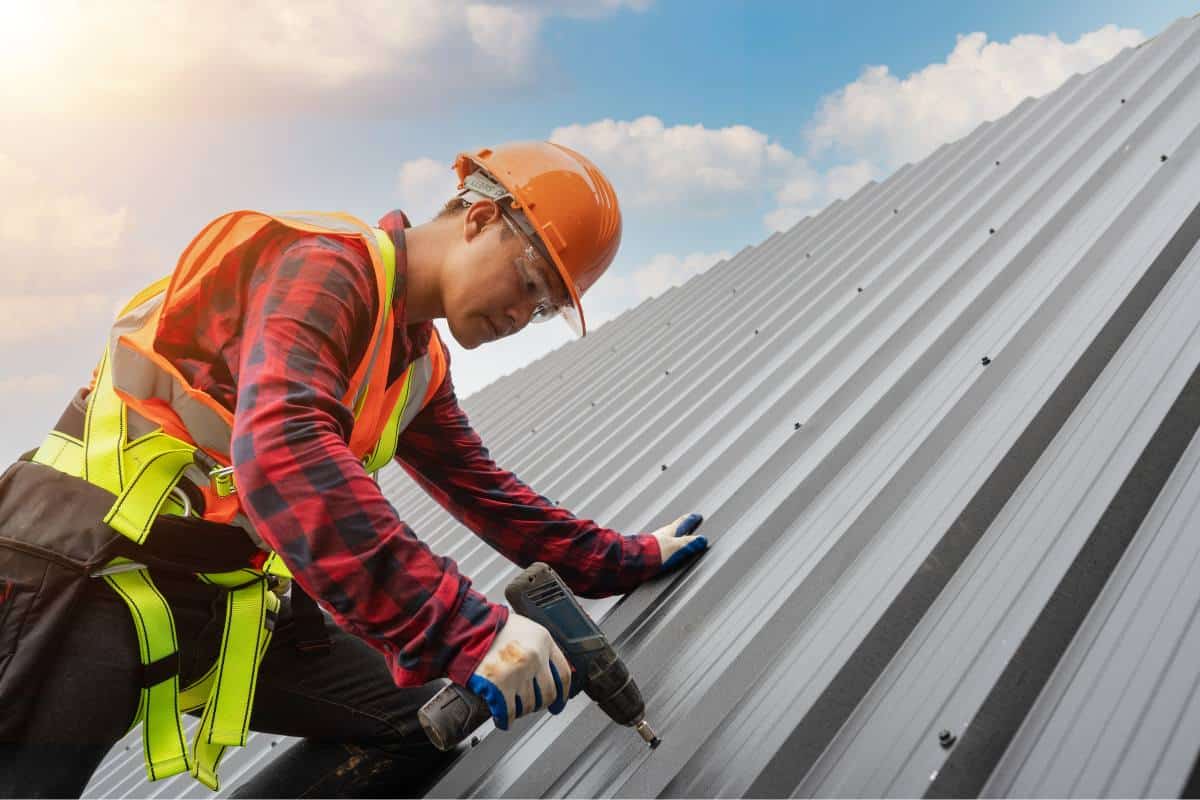
Residential Roof Repair Florida
At SK Quality Roofing, we understand that a damaged roof can be stressful, especially when it threatens the safety and comfort of your home. As a trusted residential roof repair company in Florida, we offer expert services to address leaks, cracks, or any other roofing issues you may face. Whether it’s a minor repair or more extensive work, our team is dedicated to providing high-quality solutions that protect your home from the elements. Contact us today at (561) 276-8040 for a free consultation and let us help restore the integrity of your roof.
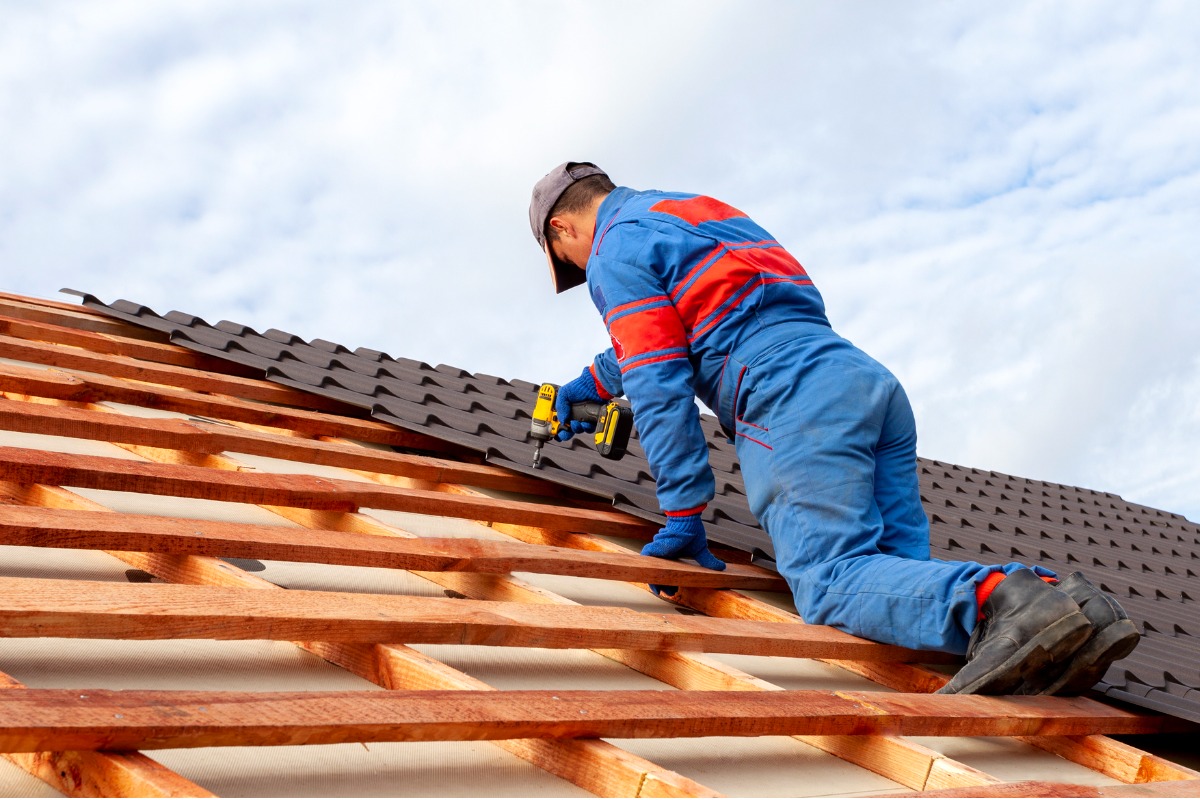
Roof Replacement Florida
When it’s time for a new roof, trust the experts at SK Quality Roofing, Florida’s premier roof replacement company. With decades of experience and a commitment to exceptional workmanship, we ensure your home is protected with high-quality materials and professional installation. Whether your roof has suffered storm damage or simply reached the end of its lifespan, we’ll guide you through the process from inspection to final shingle. Call (561) 276 8040 today to schedule your free consultation and discover the difference experience makes in residential roof replacement services.
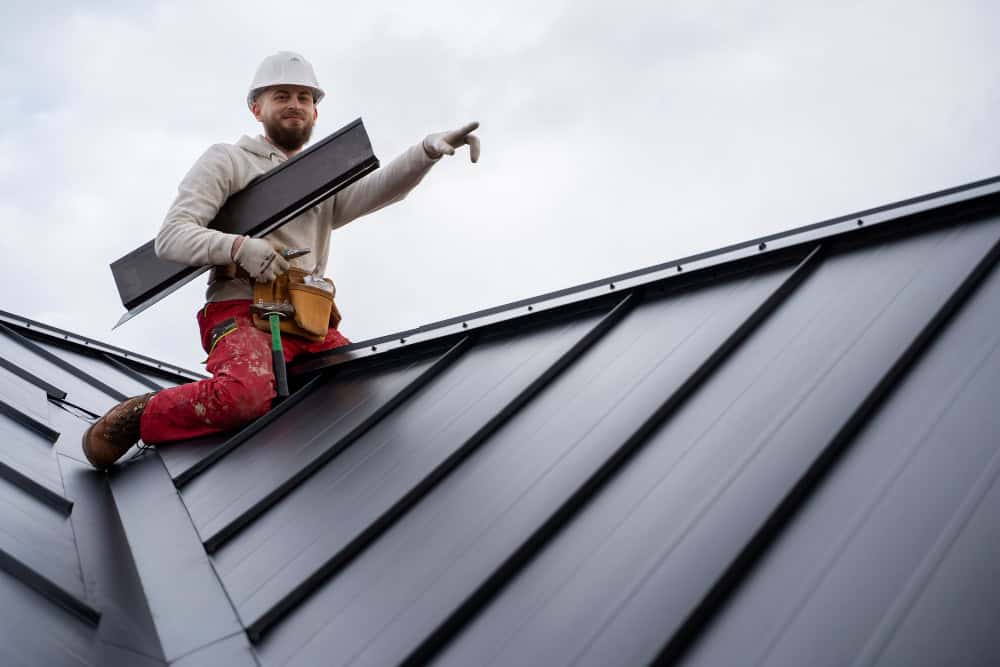
Roof Inspection Florida
Routine roof inspections are vital for maintaining the health of your roof, and SK Quality Roofing offers thorough inspections to identify potential issues before they become costly repairs. As a trusted roof inspection company in Florida, we provide a detailed evaluation of your roof’s condition, ensuring your home is protected year-round. Contact us at (561) 276-8040 for a free consultation and to schedule an inspection that could save you time and money in the future.
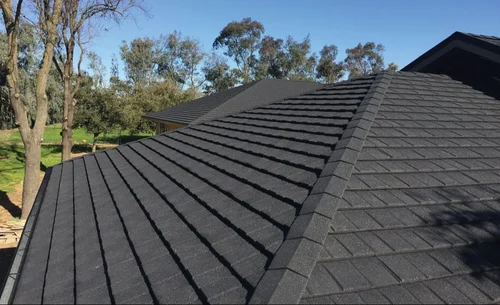
Why SK Quality Roofing Is Trusted by Homeowners
SK Quality Roofing brings 30 years of hands-on roofing experience paired with modern tools and techniques to each project. Whether it’s a simple patch-up or a full roof replacement, we know how to provide results that last through South Florida’s intense weather conditions. We use top-tier materials designed for resilience, and our team maintains clear, honest communication to keep you informed at every stage. We take pride in our timely, professional service, which has earned us the trust of countless homeowners and commercial clients. Choosing SK Quality Roofing means selecting a partner dedicated to quality, safety, and excellence.
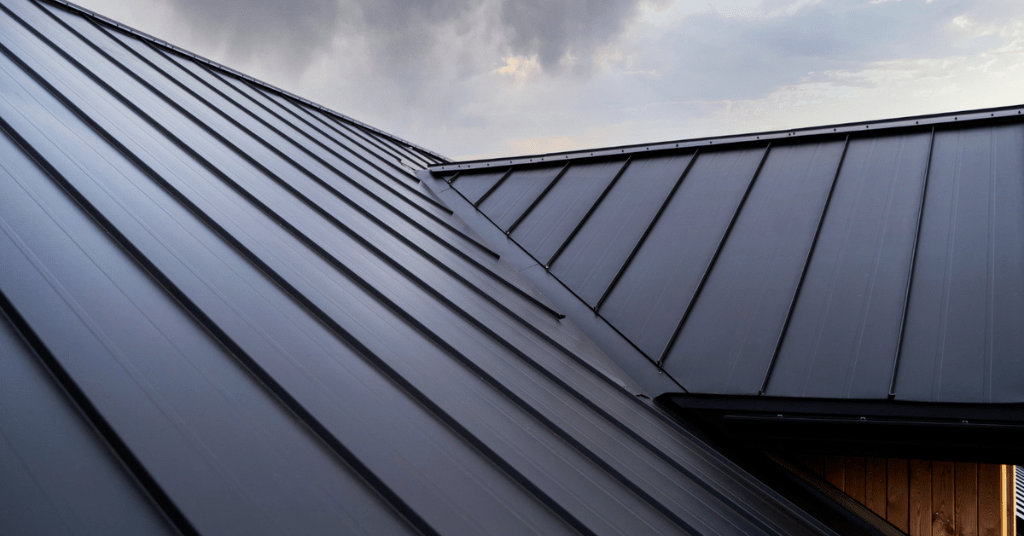
How Often Should You Replace Your Roof?
The roof is one of the most essential parts of your home, serving as the first line of defense against rain, wind, heat, and other elements. Yet, many homeowners don’t think about their roof until there’s a visible issue like a leak or missing shingles. Understanding how often a roof should be replaced isn’t just about avoiding problems—it’s about protecting your investment, preventing interior damage, and maintaining your home’s value. But the question of how often to replace your roof doesn’t have a one-size-fits-all answer. The timeline depends on several key factors, including the roofing material, climate, installation quality, ventilation, and how well the roof has been maintained over the years.
One of the most important factors in determining how often a roof needs to be replaced is the type of material used. Asphalt shingles, which are among the most common roofing materials in the United States, generally last between 15 and 30 years depending on the product line and manufacturer. Standard three-tab shingles tend to be on the lower end of that spectrum, while architectural or dimensional shingles are often more durable. If you have a metal roof, you can usually expect a longer lifespan, often between 40 and 70 years, assuming the material and installation are high quality. Clay and concrete tiles, while more expensive upfront, can last 50 years or more when installed correctly. Slate roofing, which is less common due to its weight and cost, can last over a century under ideal conditions.
However, no matter how durable the material is, climate plays a major role in how long a roof will last. Homes in areas with frequent storms, high winds, heavy rainfall, or intense sun exposure may experience faster wear and tear than homes in milder climates. For instance, Florida homeowners often need to replace roofs more frequently due to the combination of humidity, heat, UV radiation, and hurricane conditions. In northern regions, heavy snow, ice, and repeated freeze-thaw cycles can also lead to early deterioration if the roofing system isn’t designed or installed to handle those conditions. Roofing materials naturally degrade faster when subjected to extreme weather, which shortens the time between replacements.
Installation quality is another critical variable. Even the best roofing material will fail prematurely if it isn’t installed properly. Poor workmanship can lead to problems like improper flashing, inadequate ventilation, or misaligned shingles—all of which can compromise the roof’s ability to shed water and withstand wind. If your roof was installed by an unlicensed or inexperienced contractor, its lifespan may be significantly reduced, regardless of what the manufacturer warranty promises. This is why choosing a qualified, reputable roofing company is so important. A properly installed roof is more likely to last as long as expected and perform better under stress.
Ventilation also plays a significant role in the lifespan of your roof. A roofing system that lacks proper airflow can trap heat and moisture in the attic, which accelerates the breakdown of shingles and other roofing components. Poor ventilation can also lead to mold growth and damage to your insulation and rafters. Over time, this trapped heat and moisture can compromise the roof from the inside out, making it necessary to replace the system well before it would otherwise reach the end of its expected lifespan. On the other hand, a well-ventilated attic helps regulate temperature and moisture, reducing the strain on the roof and extending its useful life.
Maintenance—or lack thereof—directly affects how long your roof will last. Regular roof inspections, especially after major storms, allow homeowners to spot minor issues before they escalate. Small problems like loose flashing, cracked shingles, or clogged gutters can lead to significant damage if left unaddressed. Neglecting maintenance can lead to water infiltration, wood rot, and mold inside the home. If your roof has gone years without attention or inspections, it might need to be replaced sooner than expected. By contrast, a roof that’s regularly inspected and promptly repaired when needed will typically last longer and perform better over the course of its life.
Beyond physical indicators and estimated lifespans, homeowners should also be aware of the signs that suggest a roof may be reaching the end of its service life. These signs include frequent leaks, visible sagging, curling or missing shingles, granule loss, and interior water stains. If you’ve noticed multiple roofing issues in a short period or have had to make frequent repairs, it may be more cost-effective to replace the roof entirely rather than continue patchwork fixes. A roof that’s visibly deteriorating can also reduce your home’s curb appeal and resale value, making replacement a smart investment if you’re planning to sell in the near future.
It’s also worth noting that roofing regulations and insurance standards have changed over the years, especially in states prone to natural disasters. In Florida, for example, many insurance companies are reluctant to renew policies on homes with older roofs, even if those roofs aren’t leaking or failing. Some insurers require roofs to be replaced after 15 to 20 years, regardless of the material’s rated lifespan. This can force homeowners to replace a roof earlier than expected in order to maintain coverage. Being proactive and replacing your roof within that window can help avoid insurance complications and give you peace of mind.
Homeowners may also consider replacing a roof that’s still functional if they want to upgrade to a more energy-efficient or aesthetically pleasing option. Modern roofing materials often offer better insulation, improved reflectivity, and a wider range of styles and colors than older products. Replacing an outdated or poorly performing roof with a more advanced system can improve your home’s comfort, reduce utility bills, and enhance its appearance. While not always urgent, this kind of strategic replacement can be a smart move when paired with other remodeling projects or when planning for long-term savings.
Ultimately, the question of how often you should replace your roof depends on a combination of the material’s expected lifespan, your local weather conditions, the quality of the original installation, how well the system is ventilated, and how diligent you’ve been with maintenance. There’s no universal timeline that applies to every home, but by paying attention to the condition of your roof and scheduling regular inspections, you can stay ahead of major problems. When in doubt, it’s best to consult with a professional roofing contractor who can assess your roof’s current state and help you determine whether a repair or full replacement is necessary.
A new roof is a major investment, but it’s one that protects every other part of your home. Knowing when to replace it—before a small issue becomes a major problem—can save you money, prevent interior damage, and keep your home safe and secure for years to come.
Explore Our FAQsYour Neighborhood Roofing Specialists

